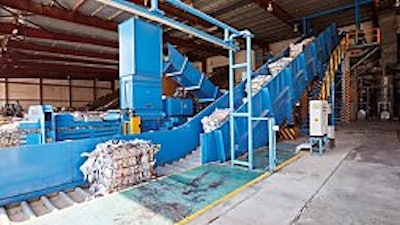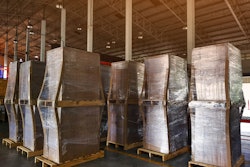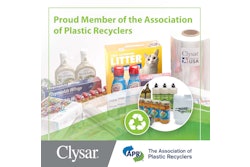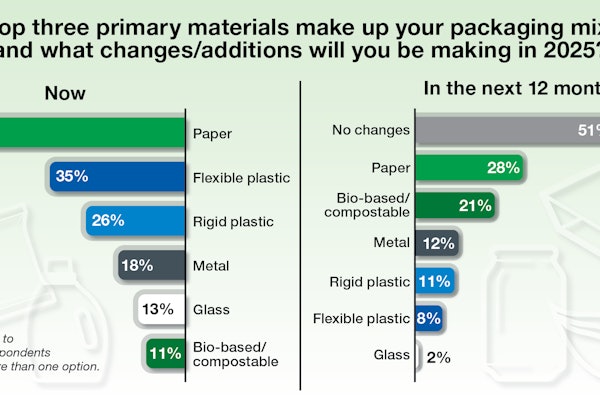
This content was written and submitted by the supplier. It has only been modified to comply with this publication’s space and style.
Tetra Pak has co-invested over €11.5 million with recyclers and industry players, to help set up four completely new recycling solutions for carton packages in Turkey, Saudi Arabia, Ukraine, and Australia. From building recycling capacity from scratch via cross-border cooperation (in Saudi Arabia), expanding that capacity by 50% (in Turkey), tripling the production capacity for the cartons' PolyAl element (in Ukraine) to leveraging a public/private partnership (in Australia), these projects share one single, critical trait. They will enable recycling of all components of a used carton package, transforming them into quality materials and goods.
Tatiana Liceti, EVP for Market Operations at Tetra Pak, comments: “Carton packages are recycled across the globe, where efficient waste management and recycling infrastructures are in place. Accelerating this requires all stakeholders to play an active role, including governments, local authorities, producers and consumers. Sustainability is one of the top three priorities for our customers, and these new facilities will help contribute towards meeting their goals.”
Working collaboratively to advance recycling and to realise a circular economy has always been core to Tetra Pak’s sustainability strategy. The company’s pioneering investments and partnerships over the last ten years have helped over 170 recycling operations across the globe to process carton packages. What’s changing is the pace of action.
As shown by the latest Tetra Pak Index, approximately 50% of consumers are likely to recycle more this year as part of their personal contribution to tackling climate change. In addition, when asked who should find solutions to environmental and waste issues, consumers rank packaging companies third – behind food and beverage brands and governments.
Key conditions to meet this rising demand include:
• Convenient access to collection infrastructure
• Clear sorting of waste
• Sufficient recycling capacity

























